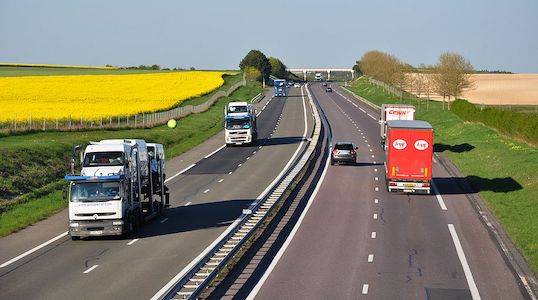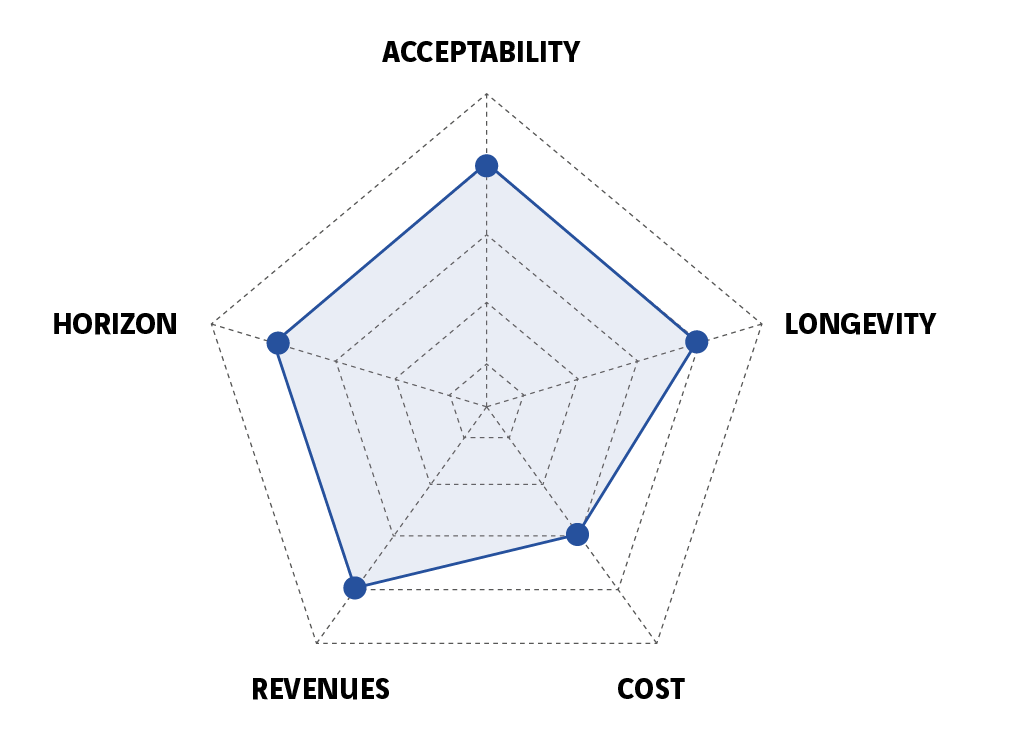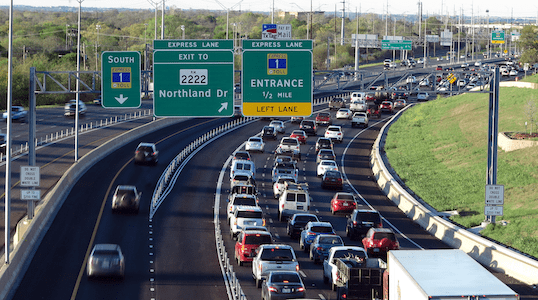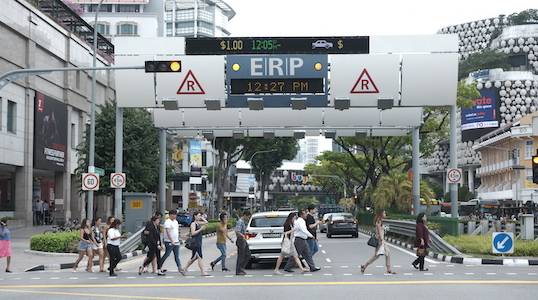


Weight tax and taxes on HGV traffic in Europe

According to the CITEPA, in 2017, HGVs accounted for 5.7% of total CO2 emissions in France and roughly 20% of annual CO2equivalent emissions in the transport sector. In addition, a significant share of negative externalities related to the road (pollution, congestion, noise, etc.) is due to HGVs which damage roads more than passenger cars. However, goods carriers do not contribute to road network maintenance proportionately to their effect on it. This inconsistency further complicates the funding of mobility. In view of this inconsistency, effective solutions have been implemented for several decades.
Learn more / Download
What scale of implementation?
- National
Who pays?
- Companies
What secondary benefits for the community?
- Modal shift toward less carbonized modes / behaviours
Other solutions to discover:

Lane rental scheme: funding road infrastructure by reducing the time limitations of roadworks

Managed lanes: promoting some uses while funding infrastructure

Singapore and the issurance of a quota of licences to finance mobility
La Fabrique de la Cité
La Fabrique de la Cité is a think tank dedicated to urban foresight, created by the VINCI group, its sponsor, in 2010. La Fabrique de la Cité acts as a forum where urban stakeholders, whether French or international, collaborate to bring forth new ways of building and rebuilding cities.














